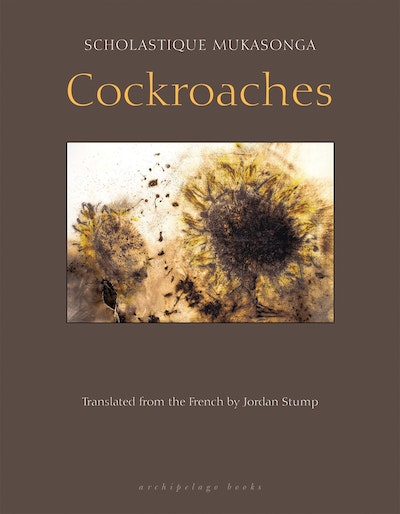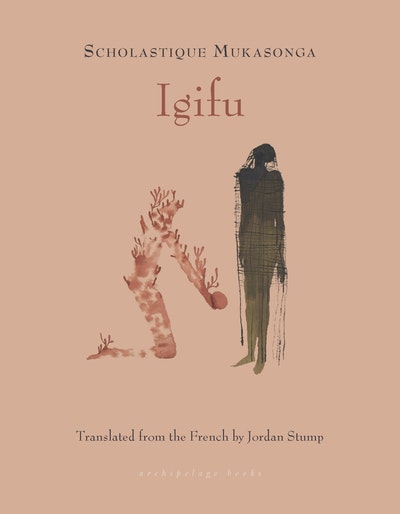- Published: 14 November 2016
- ISBN: 9780914671534
- Imprint: Archipelago
- Format: Paperback
- Pages: 165
- RRP: $32.99
Cockroaches
- Published: 14 November 2016
- ISBN: 9780914671534
- Imprint: Archipelago
- Format: Paperback
- Pages: 165
- RRP: $32.99
"Written with a restraint and simplicity that touches directly...on the heart of life, on the eye of the cyclone. There is a force to these words, something that delves into the most profound depths of things. Scholastique Mukasonga's voice is as if broken away from the night, taut but pure, clear, vibrant, with a tranquil force...Read it." --Farenheit 451 "A kind of memoir also, a real homage to the dead that Mukasonga loved and that she stands vigil over now. This book gives them the dignified burial that they never received." --Marie-Alix Saint-Pau, Africa Vivre "[Mukasonga] describes with humility the daily inferno that was her family's existence during the years before the massacre in the spring of '94...Sholastique Mukasonga cannot obtain reparations for the horrors she endured, but here she accomplishes a feat of memory and a story of surprising sobriety." --Urobepi, Coups de Coeurs Littéraires (Et Plus) Praise for Our Lady of the Nile (2014, Archipelago): • A Publishers Weekly Book of the Year for 2014 • Longlisted for the International Dublin Literary Award • "In part, this is a good-humored yearbook of the adventures and scandals among the all-girl school's precocious teenage charges, where the greatest peril to morality is the arrival of a male teacher with long blond hair. But soon the school, abetted by its hypocritical administrators (including those Belgian civilizers), becomes a petri dish for Hutu militancy, and normal adolescent pranks take on horrifying consequences. The novel's abrupt transition from a naïve coming-of-age story to a violent tragedy is jarring--though surely it doesn't even begin to convey the shock of the reality." - The Wall Street Journal • "[Mukasonga's] deliciously limpid, melodious style makes Rwandan daily life vividly accessible ... Mukasonga expertly draws together all her threads and stories in climactic sequences to create a skillfully-orchestrated vision, both loving and fearful, of her beloved homeland ripped apart by vicious racial hatred." - Shelf Awareness • "Our Lady of the Nile swept me up with its artful bitterness [...] [Our Lady of the Nile] is buoyed by its air of foreboding consequence that imparts urgency to almost every page." - Barnes & Noble Review
"Written with a restraint and simplicity that touches directly...on the heart of life, on the eye of the cyclone. There is a force to these words, something that delves into the most profound depths of things. Scholastique Mukasonga's voice is as if broken away from the night, taut but pure, clear, vibrant, with a tranquil force...Read it." --Fahrenheit 451
"A kind of memoir also, a real homage to the dead that Mukasonga loved and that she stands vigil over now. This book gives them the dignified burial that they never received." --Marie-Alix Saint-Pau, Africa Vivre
"[Mukasonga] describes with humility the daily inferno that was her family's existence during the years before the massacre in the spring of '94...Scholastique Mukasonga cannot obtain reparations for the horrors she endured, but here she accomplishes a feat of memory and a story of surprising sobriety." --Urobepi, Coups de Coeurs Littéraires (Et Plus)



